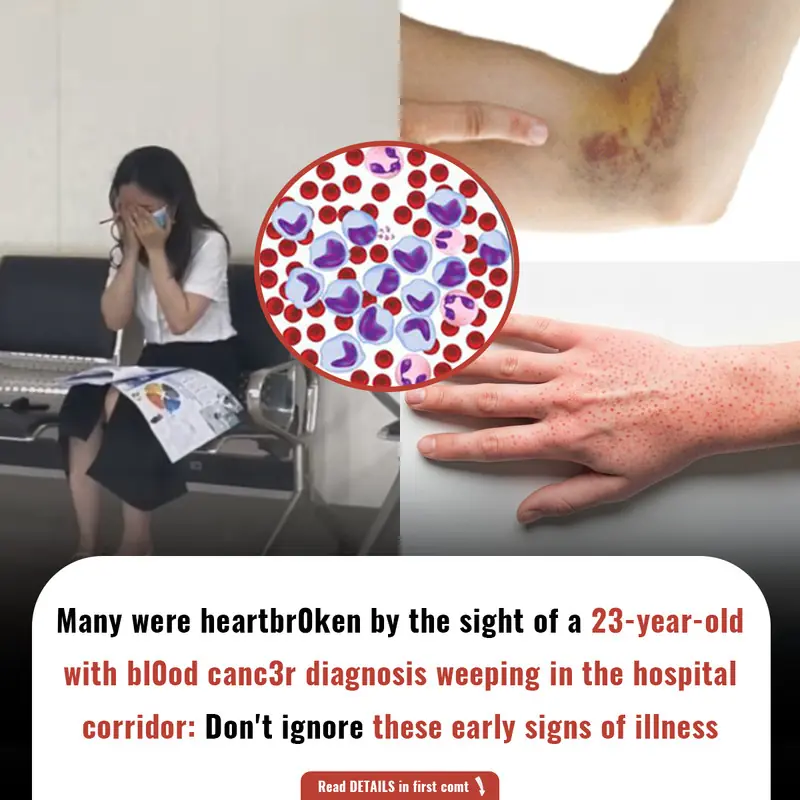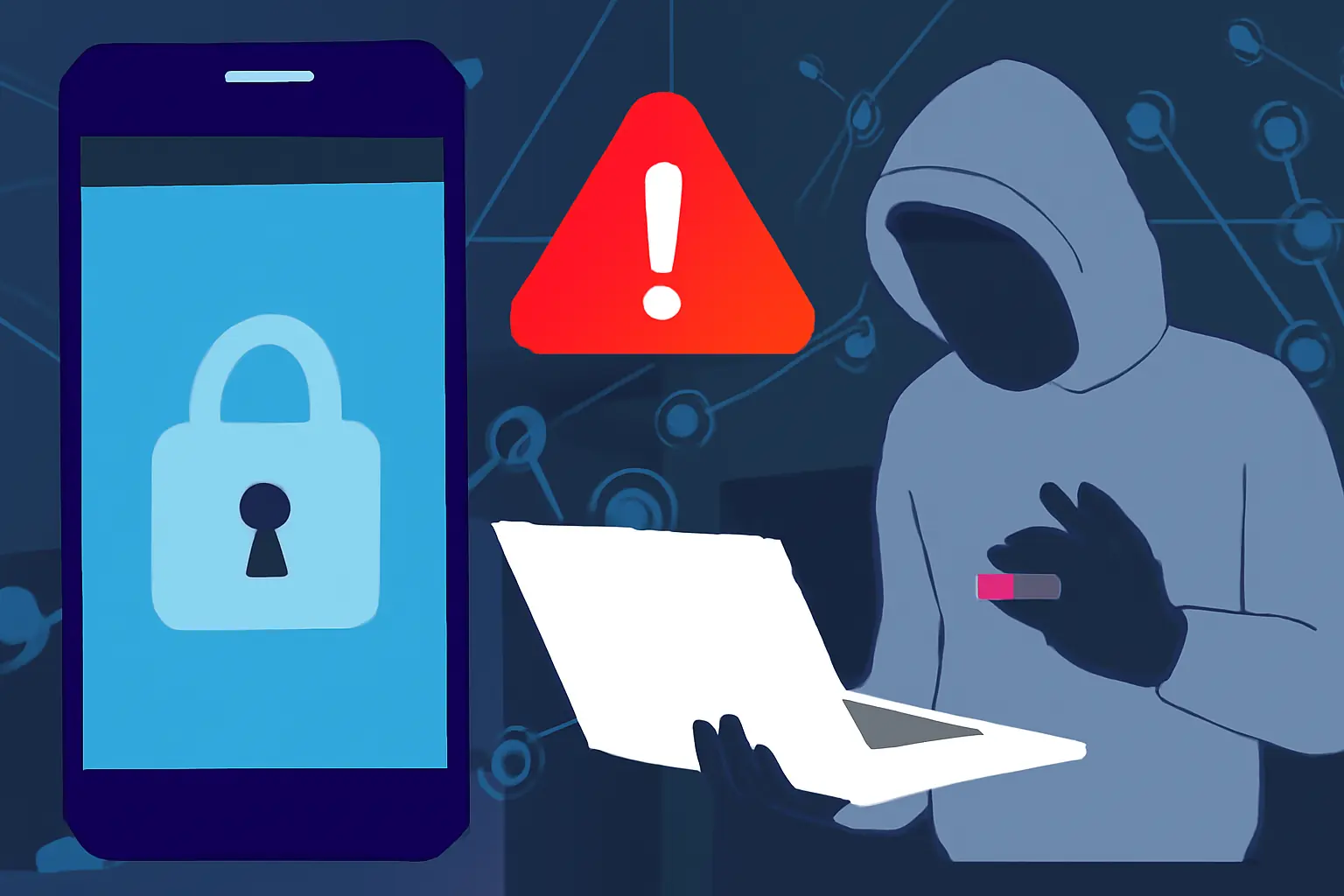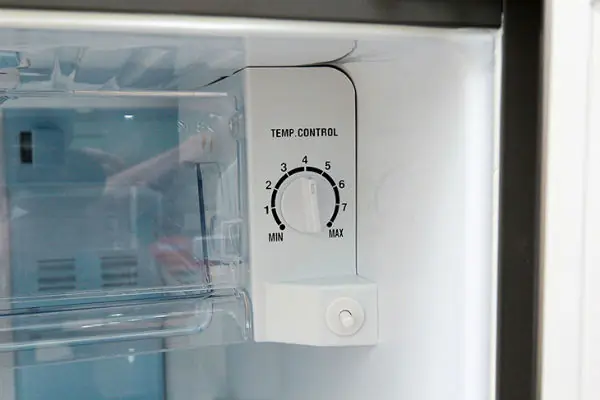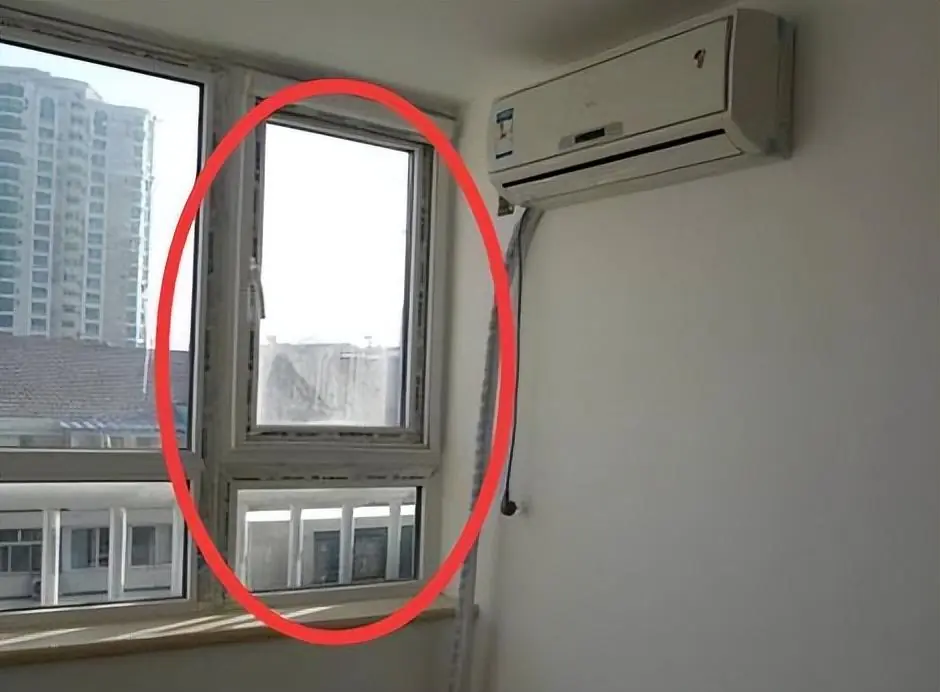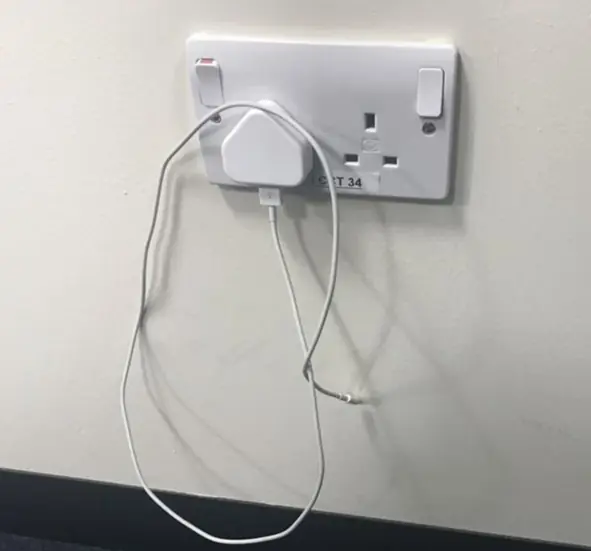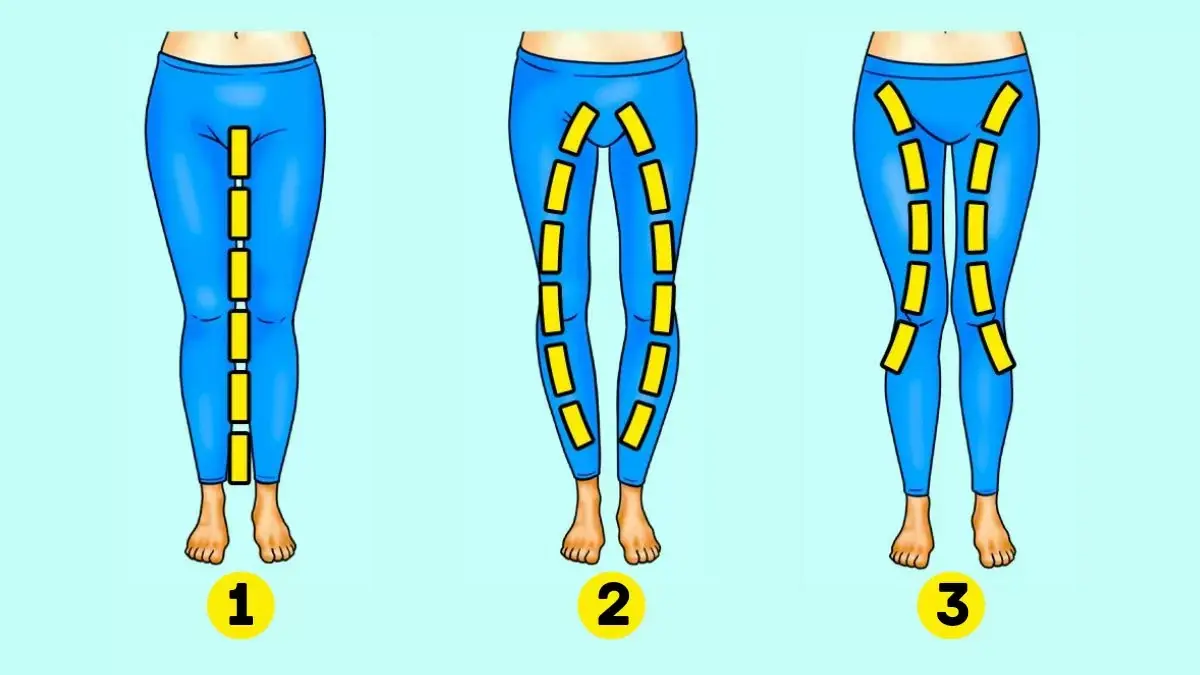Each person may experience symptoms very differently. Here are a few warning signs.
As we go through life, occasional forgetfulness is common. You might forget where you put your keys or why you walked into the living room. At some point, everyone experiences these small lapses in memory. However, when these moments of forgetfulness become frequent, they could be indicative of something more serious, such as dementia. According to experts, it’s crucial to understand the warning signs of dementia so you can address them promptly and seek the proper evaluation.
Dementia is an umbrella term for a decline in mental ability that significantly interferes with daily life. This condition affects various cognitive functions, including memory, attention, problem-solving, and emotional control. More than 55 million people around the world suffer from dementia, with Alzheimer’s disease being the most common form. Although not everyone will develop dementia, it’s important to recognize early symptoms in yourself or a loved one to get the right diagnosis and treatment.

What is Dementia?
Dementia is a general term used to describe a variety of symptoms affecting memory, cognitive abilities, and communication. It is an ongoing decline in mental function that can result in a loss of the ability to perform everyday activities. Dementia can affect a person's thinking, judgment, perception, and ability to communicate. As the condition progresses, it can also cause changes in mood and behavior.
More than 55 million people globally have dementia, and the condition is expected to increase in prevalence as the global population ages. The most common type of dementia is Alzheimer’s disease, which accounts for a significant portion of cases. Early detection and intervention are critical in managing dementia and slowing its progression.

Here are 15 early warning signs and symptoms of dementia that should not be ignored:
1. Short-Term Memory Loss
One of the most noticeable early signs of dementia is short-term memory loss. Forgetting where you placed your keys or not remembering the events of yesterday can be concerning. Judith Heidebrink, M.D., a neurologist at the University of Michigan Health, explains that significant lapses in memory, particularly with recent events, are concerning. Alzheimer’s disease, the most common form of dementia, affects the hippocampus, which is responsible for forming short-term memories.
2. Word Loss
Another early sign of dementia is struggling to find the right word. While it’s normal to occasionally forget a word, frequent instances of word-finding difficulties, or using incorrect words, can be a red flag. For example, a person may want to ask, "Have you seen my jacket?" but might accidentally ask, "Have you seen my shirt?" As Dr. Heather Whitson of Duke University School of Medicine points out, trouble completing sentences or following conversations is also a common issue.

3. Difficulty Multitasking
If someone who has previously been efficient in handling multiple tasks suddenly struggles with something simple, it could be a sign of dementia. Tasks that require multiple steps, such as preparing a meal, can become more difficult, and the person may find themselves forgetting key ingredients or misplacing items. Difficulty multitasking, especially in complex or busy environments, is an early sign of cognitive decline.
4. Repetition
Repeating questions or stories in a short timeframe, especially without realizing it, is another sign of dementia. Dr. Whitson explains that when someone asks the same question multiple times without remembering it was answered, it can be an indication of memory decline. Repetition often occurs because the individual can’t remember having the conversation or asking the same question.
5. Personality Changes
A sudden loss of interest in activities once enjoyed, withdrawal from social engagements, or a change in mood can be signs of dementia. These changes might be subtle at first but can become more pronounced over time. Research published in the Journal of Alzheimer’s Disease in 2023 suggests that apathy, a lack of interest in things, could be a sign that someone is transitioning from mild cognitive impairment (MCI) to Alzheimer’s disease.
6. New Sleep Behaviors
While sleep disturbances are common in older adults, certain sleep behaviors can be a warning sign of dementia. For instance, acting out dreams, sleepwalking, or talking in one's sleep when it was not previously a habit, can be linked to dementia. These behavioral changes should be noted and discussed with a doctor.
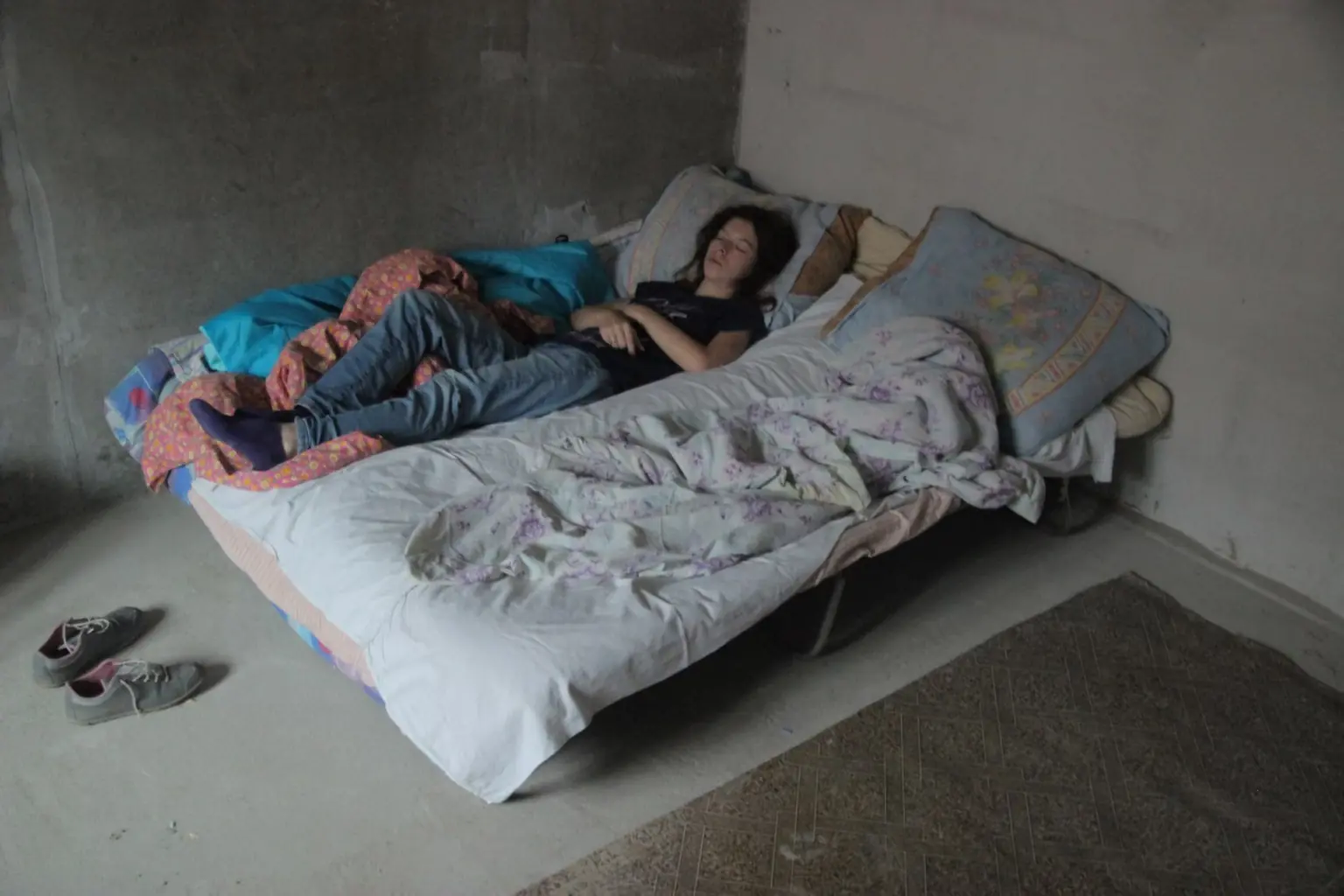
7. Worsening Sense of Direction
Another warning sign of dementia is a declining sense of direction. Difficulty navigating familiar environments, getting lost in places once easily recognizable, or struggling with driving can all point to cognitive decline. People with dementia may also start restricting their driving to familiar areas or avoid driving altogether due to lack of confidence in their ability to navigate.
8. Depression
Depression in older adults, especially a sudden onset, can be linked to the development of dementia. Studies have shown that individuals who experience depression are at an increased risk of developing dementia. According to the Alzheimer’s Association, up to 40% of people with Alzheimer’s disease experience significant depression. Depression may also be a precursor to dementia, as found in a 2023 study published in JAMA Neurology.
9. Confusion About Time and Place
Another early warning sign of dementia is confusion about time and place. People may forget where they are, how they got there, or what day it is. Disorientation and an inability to recognize the time of day or their surroundings are concerning signs. Dr. Jason Karlawish from the University of Pennsylvania emphasizes that these types of memory lapses are particularly concerning when they happen frequently.

10. Difficulty with Visual or Perceptual Tasks
Difficulty performing tasks that require visual processing, such as reading, judging distances, or even recognizing objects, can signal dementia. Tripping over objects that are in plain sight or struggling to tell time on a clock can point to cognitive decline. Visual or perceptual difficulties are often early indicators of dementia, especially if they interfere with daily activities.
11. Financial Missteps
Financial mismanagement is often one of the first noticeable signs of dementia. As cognitive abilities decline, it can become difficult to manage finances, pay bills, or even make simple purchases. People with dementia may forget to balance their checkbook, pay bills on time, or make errors in handling money. The Alzheimer’s Association suggests that mistakes like counting change incorrectly or struggling to manage a bank account could signal the early stages of dementia.
12. Changes in Judgment
A decline in judgment is another early sign of dementia. People may make poor decisions, such as neglecting personal hygiene, dressing inappropriately for the weather, or giving away large sums of money to strangers. Research indicates that individuals with early-stage Alzheimer’s disease are particularly vulnerable to financial scams. These lapses in judgment can have serious consequences and are a sign that cognitive decline is progressing.
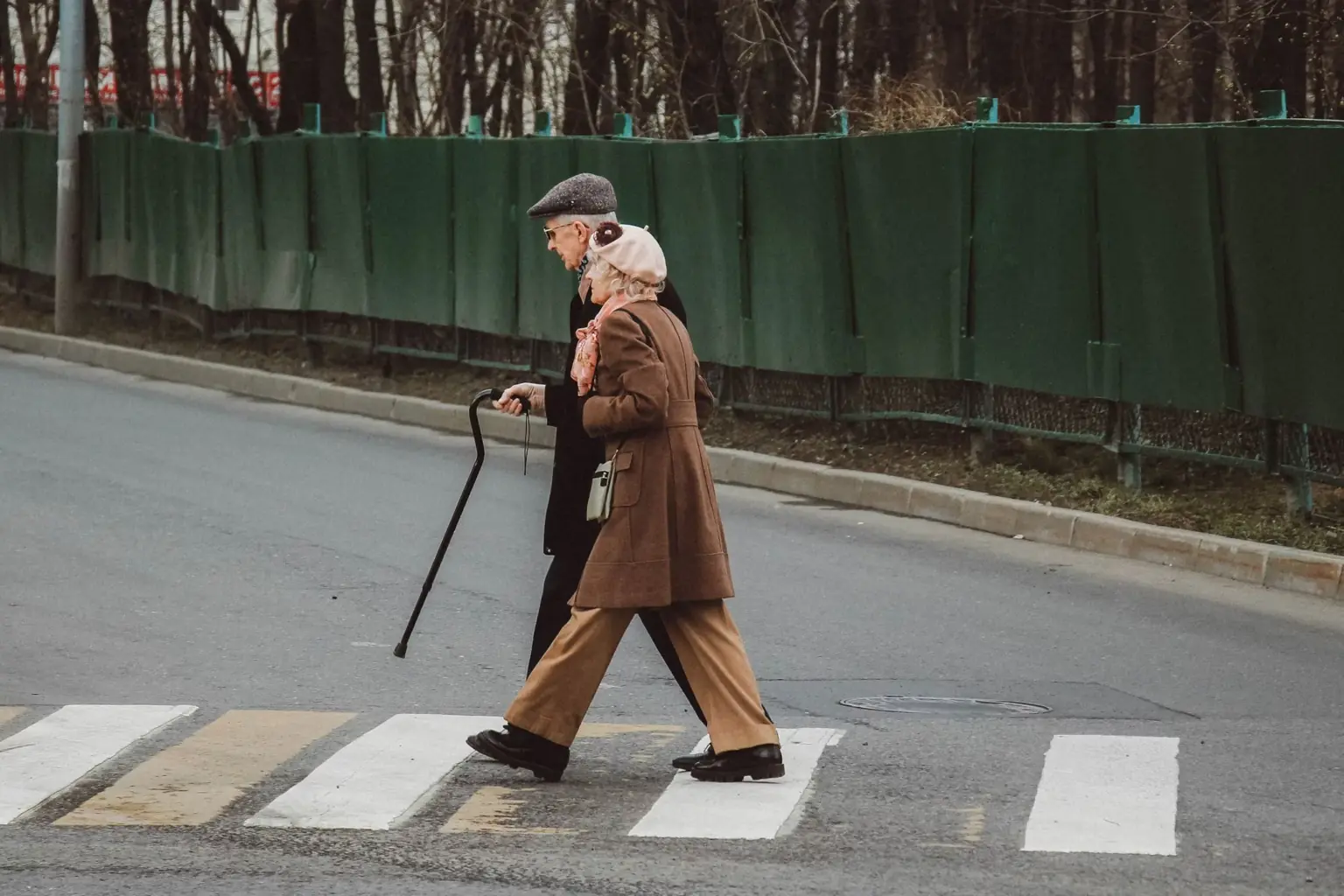
13. Misplacing Things
We’ve all misplaced our keys or forgotten where we left our glasses, but when items are placed in unusual places and the person cannot retrace their steps, it could be a sign of dementia. According to the Alzheimer’s Association, people with dementia may forget where they placed things and may not be able to recall doing so, even when they find the item. This behavior often points to short-term memory issues.
14. Misusing Items
People with dementia may begin misusing items inappropriately, such as using a spoon to eat when a fork would be the norm. Misusing items can be a subtle but significant symptom of cognitive decline. These behavioral changes can affect everyday tasks and become more noticeable over time.
15. Hallucinations
Hallucinations, particularly visual ones, can occur in the later stages of dementia. People may see things that aren’t there, such as people, animals, or objects. Dr. John Dickson, a neurologist, states that hallucinations and delusions are particularly associated with some types of dementia, including Alzheimer’s disease and Lewy body dementia. If hallucinations occur, it’s important to seek medical attention to determine the cause.
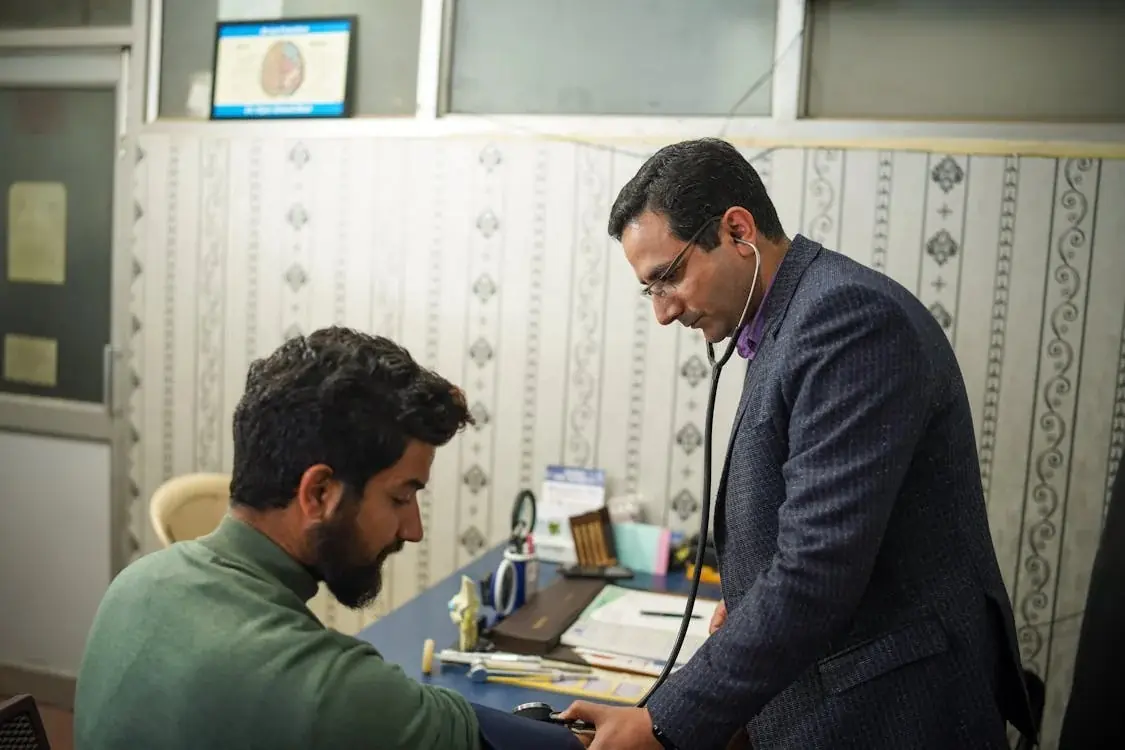
What to Do if You Notice Symptoms
If you or a loved one experiences any of these warning signs of dementia, it’s important to seek medical attention as soon as possible. Early diagnosis and intervention can help manage the symptoms and slow the progression of the disease. In some cases, dementia symptoms may be caused by other conditions, such as medication side effects, metabolic issues, or hormonal imbalances, which are treatable.
Getting an early diagnosis also opens the door to potential treatments, including new medications that can slow the progression of Alzheimer’s disease. Clinical trials are also more accessible to individuals in the early stages of dementia, and early intervention can lead to a better quality of life.
If you notice concerning symptoms, talk to your primary care provider. They may refer you to a specialist, such as a neurologist or geriatric psychiatrist, for a more thorough evaluation and definitive diagnosis. Early detection is critical in managing dementia, so it’s important not to ignore any warning signs.
In conclusion, recognizing the early signs and symptoms of dementia is essential for taking proactive steps toward diagnosis and treatment. Whether it’s memory loss, difficulty with daily tasks, or changes in behavior, being aware of these symptoms can help you or your loved one get the necessary help as soon as possible.









